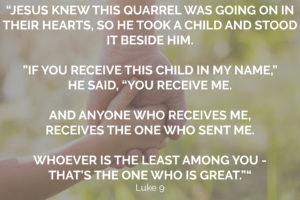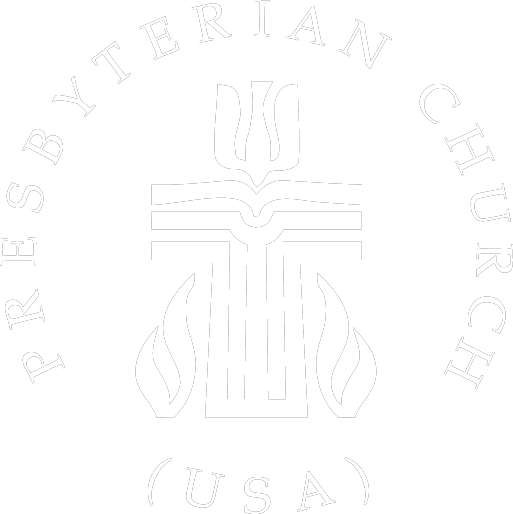I was with my daughter at preschool the other day and her teacher had displayed a quote from someone a number of you might be familiar with, Albert Schweitzer.
Now I knew a bit about Schweitzer. He was a medical missionary and a theologian. He was also a musician, philosopher, and physicist (not to mention he was awarded the Nobel Peace Prize). Yet none of these fields were inherently represented by the quote:
“Example is not the main thing in influencing others. It is the only thing.”
I have since come across another quote by Schweitzer:

As I was playing with my daughter at preschool, surrounded by other parents and caretakers playing with children, I was struck by the gravity and truthfulness of the statement. And, of course, these statements are not relevant for children only. It is just as truthful for my 2-year-old as it is for the students I spend time with at Emmanuel. It is just as relevant for them as it is for me, too. We are all observers and learners.
But we are also all teachers.
By this, I mean, we are all an example to others, whether we are being one consciously or not.
I have paid particular attention over the past month to the sort of example being displayed for the students I work with. This past month has been unique in that there has been a focus on public figures in regards to their lives as teenagers and young adults. I have heard in public discourse statements that I have before said about myself, “I was just a kid back then,” or, “I didn’t know any better.”
Nonetheless, Schweitzer’s words ring in my ears.
Children and students are learning what it means to mature and grow into adulthood, and they are also learning about what it means to be the age they are. We would do well to pay attention to how our discourse about the lives of teenagers actually shapes their lives!
I came across a comment on social media that made this very apparent to me. The individual said something to the effect of:
“As a 17-year-old girl, the rhetoric of “boys will be boys” and “it was in high school, it shouldn’t matter” is quite terrifying.”
When this student heard the larger discussion going on about someone’s ability to acquire one of the most powerful positions in our country, she was learning about herself from society, perhaps about how the adult world viewed and valued her, a teenage, female student.
Think about the power of this moment.
As a society, we have the opportunity to provide a vivid example to our students, be it good or bad.
Do we affirm their fears or do we work for a more whole society? Do we honor our students in the examples we give to them, or do we set them up for failure? (Or, set the bar so low that even succeeding can still be a failure?)
This has a sad interlock with the church in the US.
In a recent poll, it was found that 48% of white evangelical Christians thought that Brett Kavanaugh should still be confirmed for the Supreme Court “if the charge of sexual assault during a party in high school by Christine Blasey Ford against Brett Kavanaugh is true” (NPR/PBS NewsHour/Marist Poll page 15)
Our students are listening.
Not only to media outlets, but also to us. They are listening to their parents. They are listening to their teachers. They are listening to the conversations around the churches and public venues they attend.
What are they hearing (or not hearing)?
How are they being formed?
Do we want our daughters and sons to be subscribers to the “boys will be boys” narrative that has damaged so many girls and boys?
Do we want them to think that their lives as students actually do not matter, and that they will not (and should not) be held accountable for the ways they hurt other people?
Are you thoughtfully exemplifying to the children and students (and adults) in your life what it looks like to be an adult?
Is your language shaping them to live a more whole life?
Does the world your words create make their world more (or less) comfortable and safe?
I would be hard-pressed to not conclude these thoughts with a word about Jesus.
In modeling leadership and power, he does so by cleaning the feet of his students (John 13).
I think particularly about the beloved disciple John, the author of the Gospel. It is widely thought that he was quite young during his time with Jesus, perhaps not even a teenager yet. It is no wonder that he is the only one to record this foot-washing scene. The letter we call 1stJohn, likely written by this same individual but at a much later time in his life, shows someone who has clearly followed in the way of the humble, foot-washing shepherd.
I think too of how Jesus handled his disciple’s question about greatness:
How are we modeling leadership, power, and love to our children and students?
Is our lived example lining up with the sort of people we hope our students and children to grow into?
And, may I add, are the people in society we are extolling people we would want our students and children to become?





Jared, very well said. Thank you! May I be a good example.
You are one of the best I can think of Tina! Thanks for how you pour into the children and adults at Emmanuel.